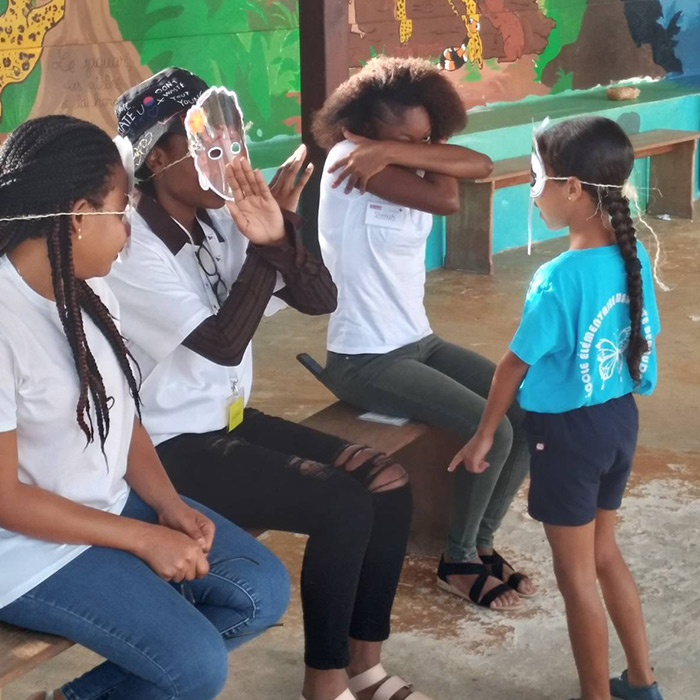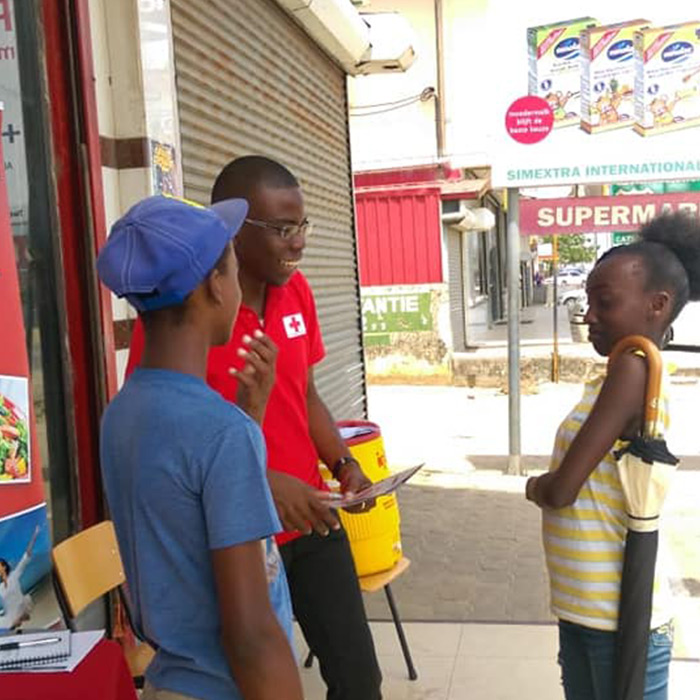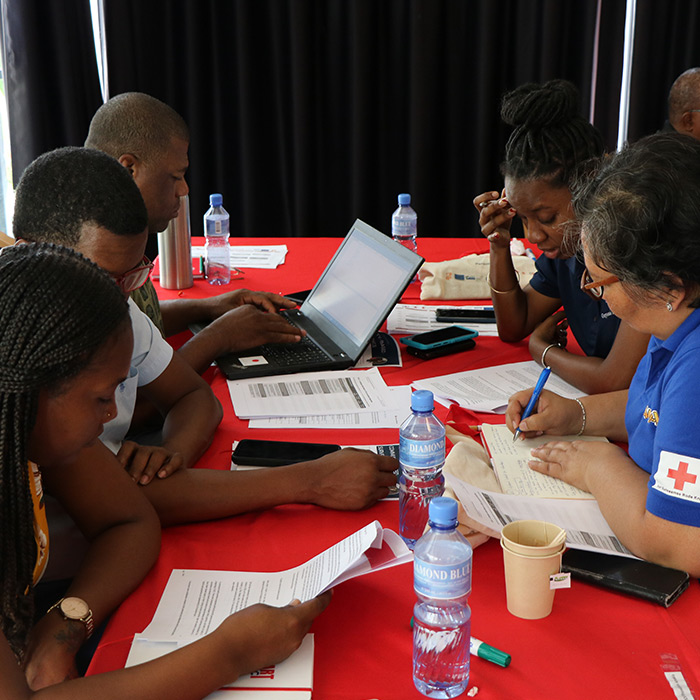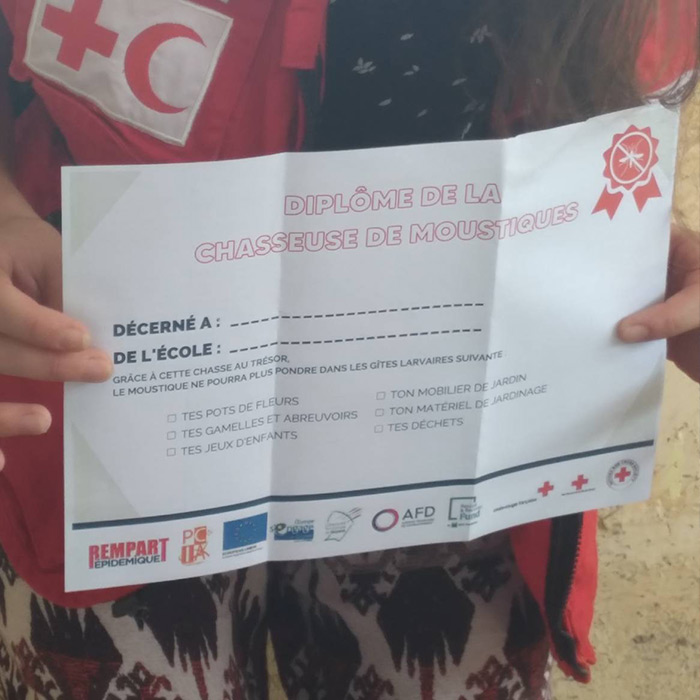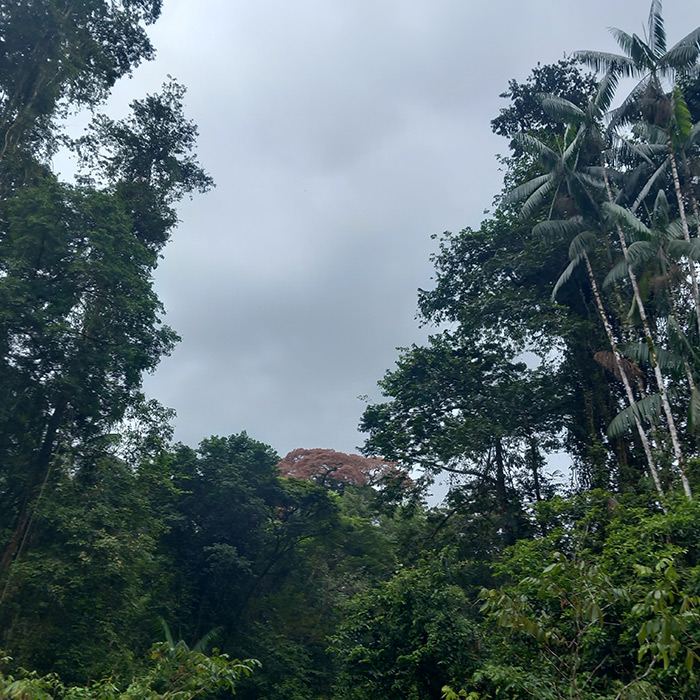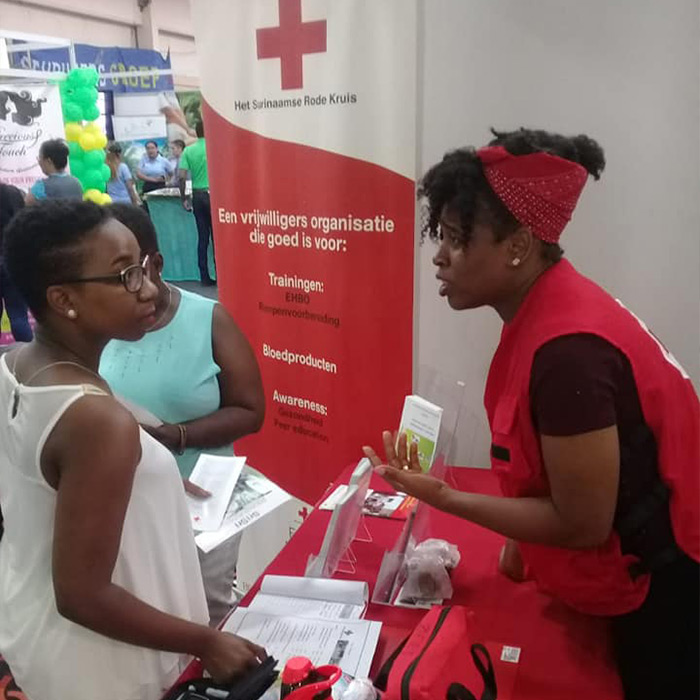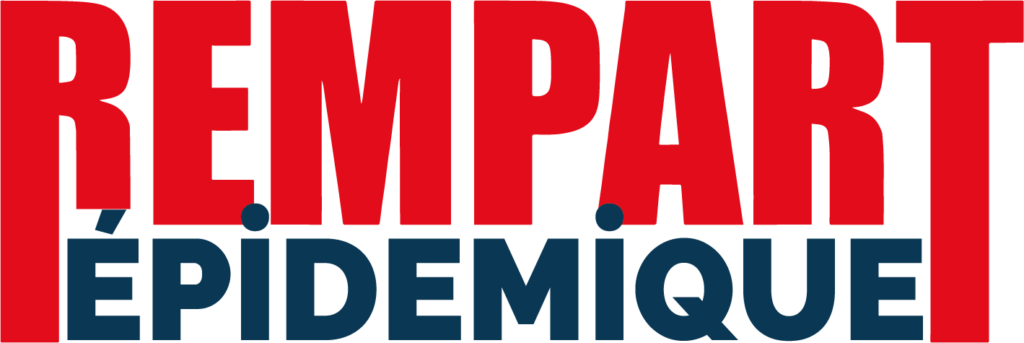Our 2nd webinar will start in :
- 00Days
- 00Hours
- 00Minutes
- 00Sec.
LATIN AMERICA, IBERIAN PENINSULA
& CARIBBEAN.
ONE HEALTH APPROACH LATIN AMERICA
The OHLAIC Network
(One Health in Latin America Ibero and Caribbean)
Working together for better outcomes to urgent problems in Latin America and Ibero-American region
In 2019, a webinar titled “Quien es Quien” in One Health in Latin America was launched by the initiative of 17 countries from Latin America and Caribbean islands. In December 2019, the OHLAIC network was established, including Iberian countries (Spain and Portugal) and Caribbean countries.
Starting in April 2020, a series of OHLAIC webinars has been held, with the central theme being the COVID-19 pandemic in Latin America. The OHLAIC network is a network of professionals working in synergy and without competition based on the principles of the One Health approach to provide the best solutions to urgent problems in Latin America and the world.

This networking also aims to establish a standardized system for joint evaluation of risks related to infectious diseases, set up sustainable mechanisms for collaboration and communication between agencies and ministries responsible for human and animal health, and align national, regional, and international strategies. Despite the existence of common goals, each One Health network in Latin America may have specific objectives depending on the priorities of the country of origin.
20
Countries
1
NETWORK
6
Objectives & Activities
THE ACTIVITY
Collaborate well
Consolidate a network of professionals who work, study, or conduct research from the One Health perspective for Spanish- and Portuguese-speaking countries, following the One Health approach.
Prepare for success
Create and increase awareness of the value of the One Health approach.
Establish a good synergy
Create synergies and facilitate data sharing among researchers and research groups to transmit knowledge to those who could benefit from it.
Knowing how to raise awareness among the major players
Serve as a reference and resource network to provide information to governments and policymakers.
Disseminate the results.
Advance science and, consequently, health and safety, by disseminating the results and perspectives of existing and new research projects on zoonoses, respiratory diseases, and antimicrobial resistance.
Communicate well
Promote the scientific research agenda, at both the scientific and policy levels. To do this, identify and prioritize knowledge gaps in the areas of zoonoses, emerging infectious diseases, and antimicrobial resistance (including influential ecological and environmental factors).
THE ACTIVITIES
Activity N°1
Establishment of a forum for researchers, governmental and non-governmental institutions, international organizations and companies to foster cross-sectoral and interdisciplinary collaborations.
Activity N°2
Organize 'One Health Day' events and promote the 'One Health' concept in higher and university education (veterinary, medical and environmental studies)
Activity N°3
Translate relevant information and knowledge for governments and policy makers.
Activity N°4
Participate in biennial conferences to exchange the latest high-level scientific data among stakeholders with a 'One Health' approach.
Activity N°5
Development of scientific projects such as CYTED (Ibero-American Program of Science and Technology for Development) addressing the topics of sustainable development and climate change.
Activity N°6
Création de plusieurs commissions OHLAIC : Commission de gestion des animaux urbains - OHLAIC UAMC ; Commission des zoonoses, des maladies émergentes et négligées - OHLAIC ZENDC ; Commission des maladies à transmission vectorielle - OHLAIC VBDC ; Commission des maladies d'origine alimentaire et de la biosécurité - OHLAIC FDBC ; Commission de la résistance antimicrobienne - OHLAIC AMRC ; Commission de la rage - OHLAIC RC ; Commission de gestion des catastrophes - OHLAIC DMC ; Santé des écosystèmes - OHLAIC EH ; Agriculture et One Health - OHLAIC AOH ; Bioterrorisme - OHLAIC B
Main lessons learned
and best practices
Collaborate well
The importance of collaboration between interdisciplinary sectors such as public and environmental health, as well as veterinarians, in the control of zoonotic diseases.
Prepare for success
To succeed, One Health needs both a top-down and bottom-up approach. It is not only the formal system of government that is needed, but also individuals in their various disciplines at the field level who can change their ways to make it work.
Knowing how to raise awareness among the major players
One Health awareness plays a major role in reinforcing the important role of veterinarians and family physicians in the fight against zoonotic diseases.
Establish a network
Importance of lobbying key ministries and establishing interdepartmental collaboration.
Establish a good synergy
The importance of establishing good working relationships between government veterinary services and national planning and environmental protection agencies.
Communicate well
Use the full potential and effectiveness of the distribution channels.
RESULTS
ABOUT THE PROJECT "ONE HEALTH, ONE CARRIBEAN, ONE LOVE"
12 national One Health community projects were created, developed and implemented by national One Health networks.
2
One Health Webinars
8
Promotional videos and
20
Training videos.
300
Hard copies of the book “Caribbean resilience and prosperity through One Health” distributed to key One Health stakeholders in the Caribbean.
Strengthening the capacity and skills of veterinary diagnostic laboratories throughout the region through training in quality assurance and biosecurity, proficiency testing, and the introduction of new molecular diagnostic techniques in laboratories.
11
Laboratory technicians trained in quality assurance (QA) and biosafety.
7
Veterinary diagnostic laboratory technicians from Guyana, Suriname and Trinidad and Tobago were trained in real-time molecular PCR technology.
7
National diagnostic laboratories participated in a proficiency testing exercise.
